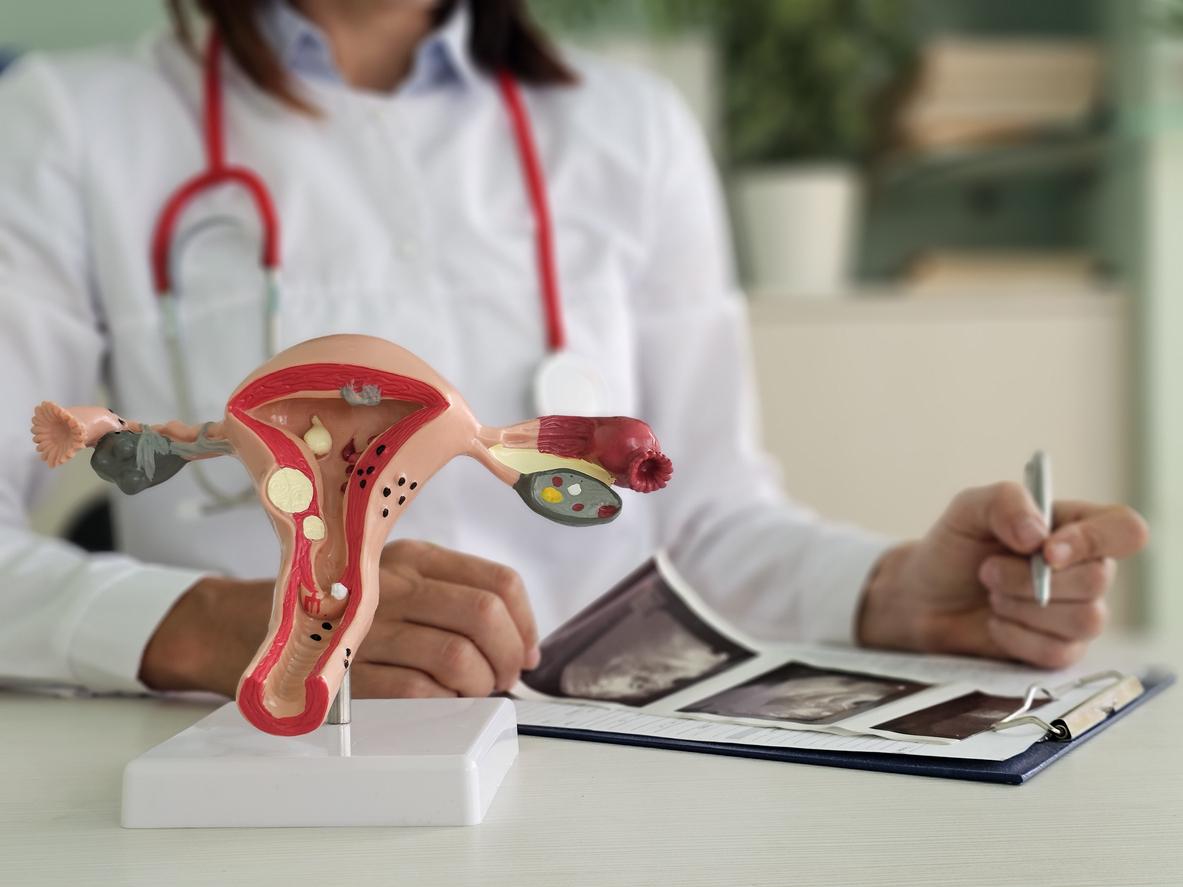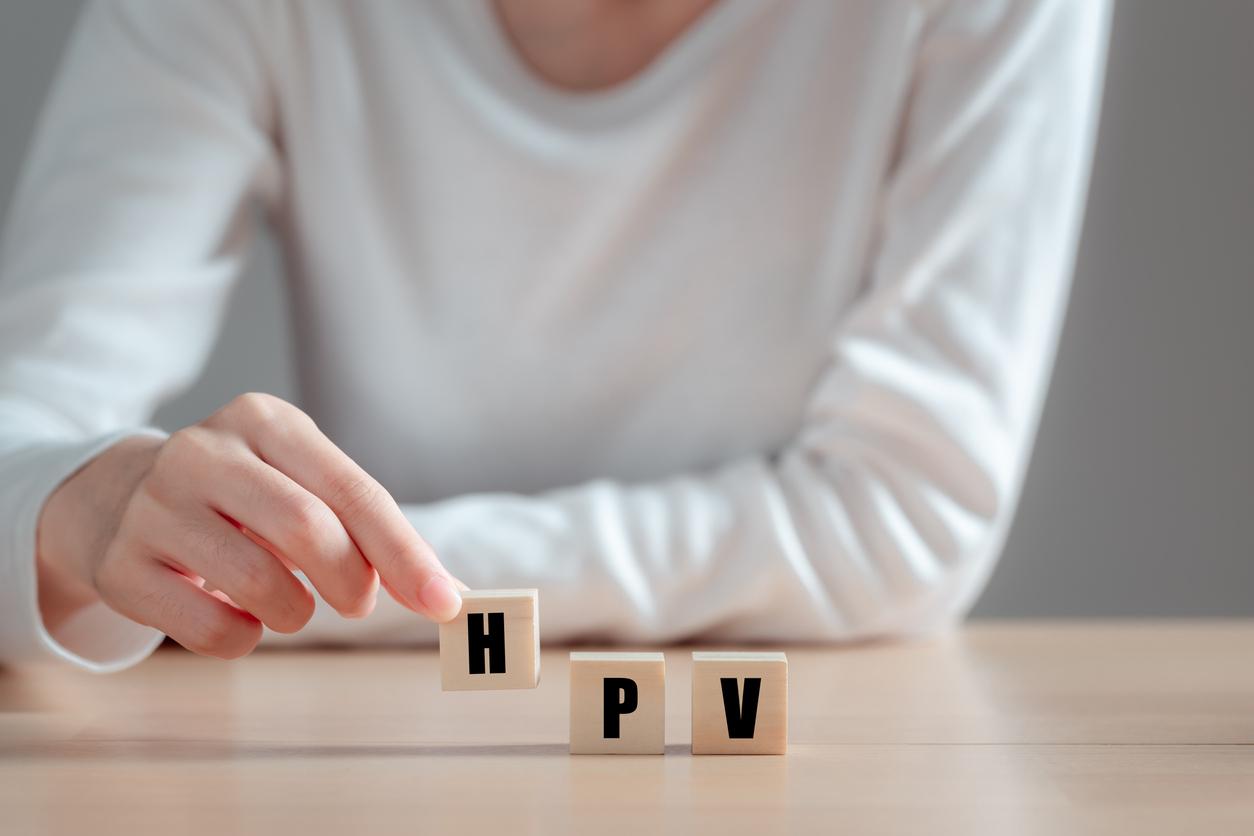British pharmacies are offering a new type of male fertility test. The result is available in 10 minutes and is 98% reliable according to its manufacturer.

Fertility tests cover the shelves of French pharmacies. They are all intended for a female audience. What about for men? Should they systematically consult a professional? In Britain, this is not the case. A new “homemade” male fertility test has been on sale since October 27.
A quick test
This type of test is not new to the UK. The SpermCheck, available in pharmacies, is the first to deliver a diagnosis in 10 minutes. This self-test, which costs around € 35, works a bit like a pregnancy test. The user has to mix his semen with a special solution. He then places six drops of the liquid on the meter, which looks for a protein only found in mature semen.
If there are more than 20 million sperm per millimeter in the sample, the test displays two red bars. Otherwise, only one line is displayed. The easy-to-use SpermCheck test is already available in the United States and Canada. According to their manufacturer, they are 98% reliable.
A first step
Male fertility examination tests do not in any way replace consultations with a specialist doctor. They just analyze the amount of sperm in the ejaculate, according to World Health Organization references. However, their viability is also important in determining the fertility of the patient: the mobility of a sperm determines its ability to fertilize the egg. This test therefore gives a good indication. But a positive result does not mean assured fertility.
Lift a taboo
In the field of reproductive medicine and couples therapy, SpermCheck is acclaimed. The woman is often held responsible for infertility in a couple. This only represents 40% of cases. Male infertility concerns 20% of consultations in France. Such a type of test could make it possible to recognize the existence of male infertility. But some already denounce an “emasculation” by the practice of this test, as in this editorial from the Telegraph.
Male fertility tests have already been available across the Channel since 2006. This new product therefore does not represent a revolution. In France, it is possible to obtain them on the Internet but their use is far from being widespread. In addition, these tests are not sold in pharmacies.
.















